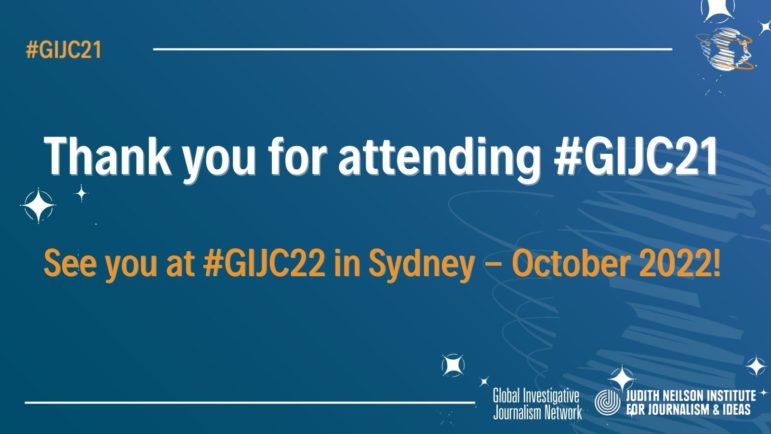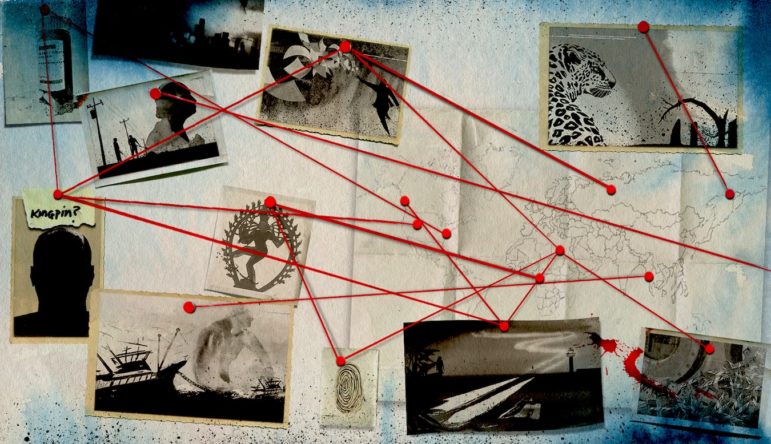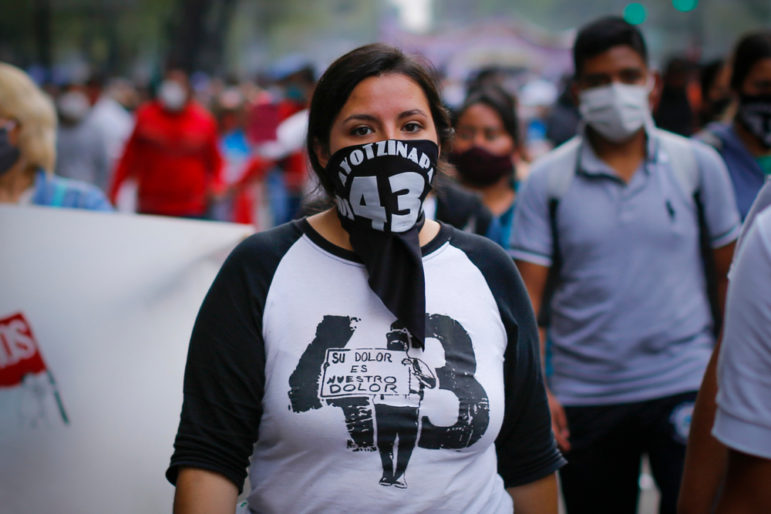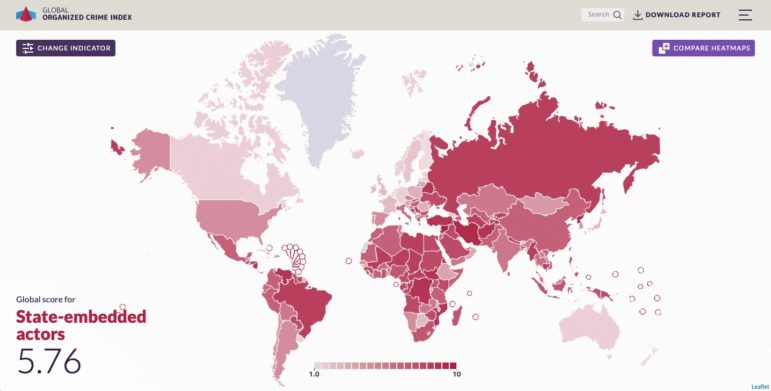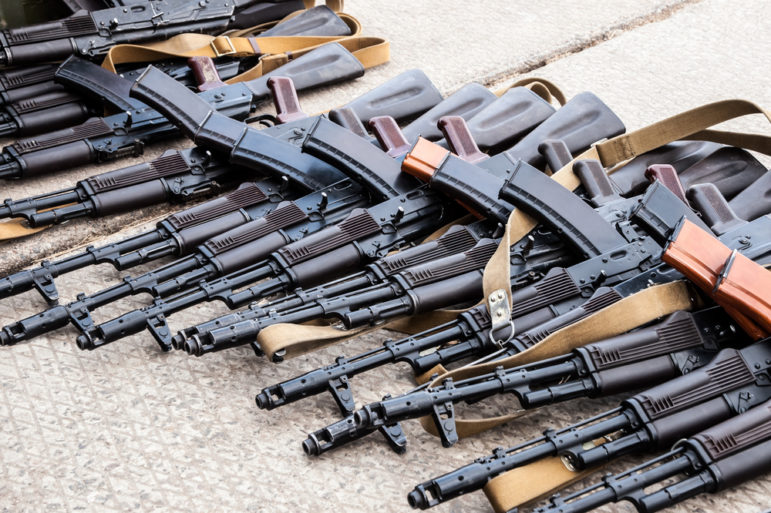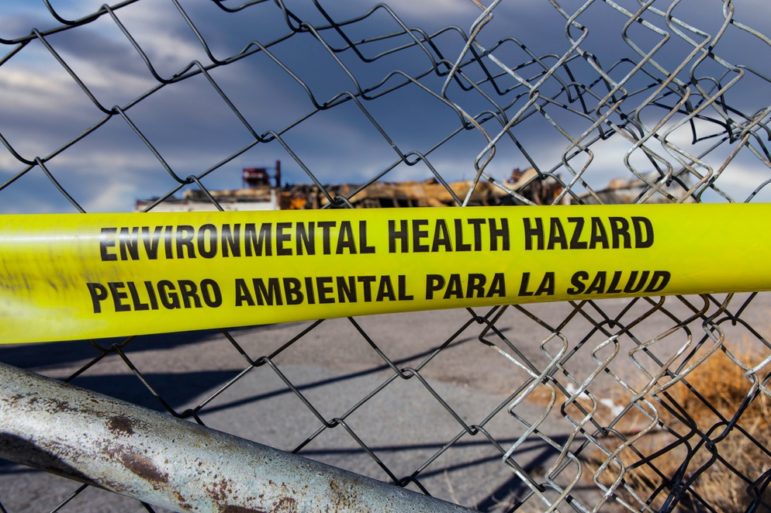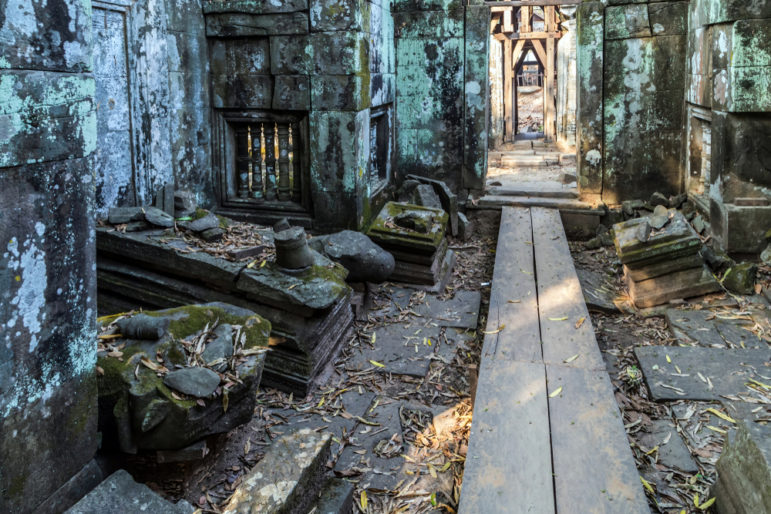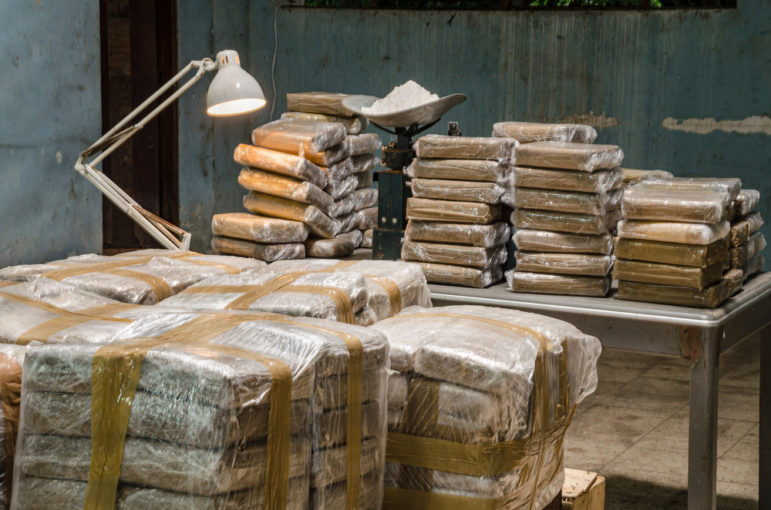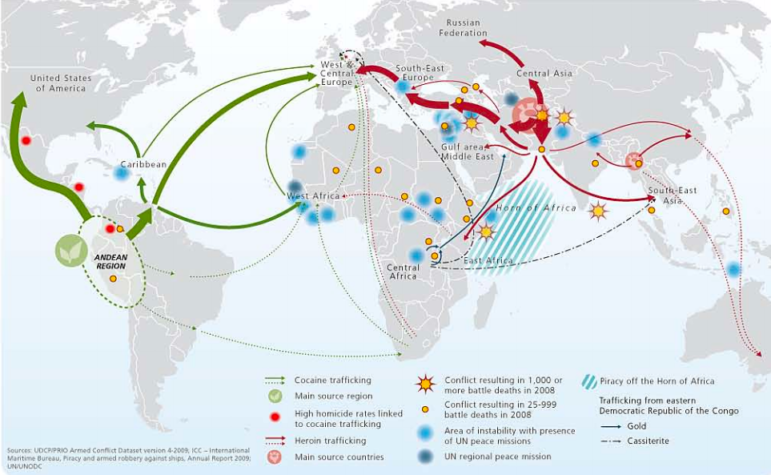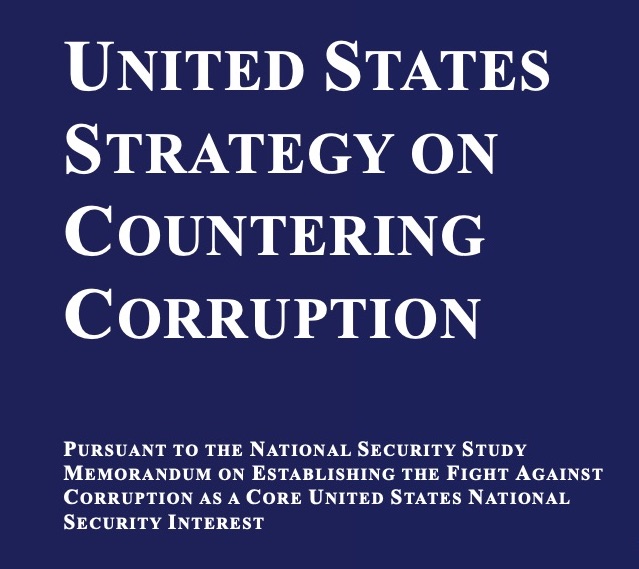
News & Analysis
Document of the Day: US Global Anti-Corruption Plan Spotlights Value of Investigative Journalism
The Biden White House spotlighted its support for investigative journalism as part of a new strategy for fighting corruption around the world. To strengthen the investigative capacity of journalists, it is funding the USAID’s PROSAFE project, helping to “create a regional clearinghouse for investigative journalism that provides a publishing outlet for stories too dangerous to be published with an individual byline, and providing an umbrella organization for security, mentoring, and collaboration among journalists.”

